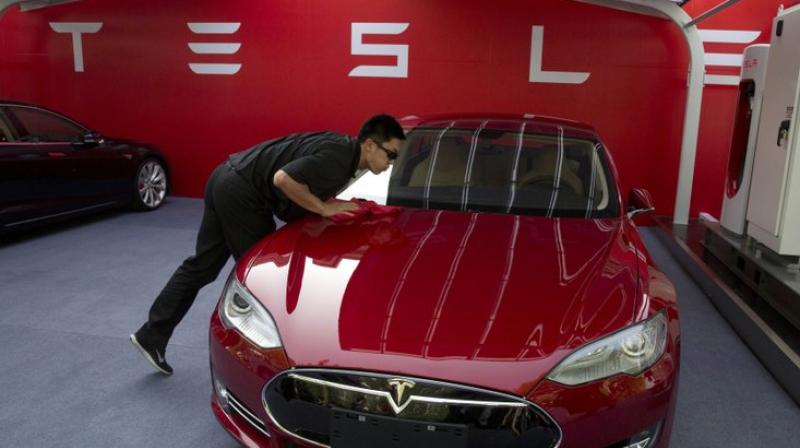Connected cars accelerate down data-collection highway

That holiday trip over the river and through the woods to grandmother’s house could turn into a nice little gift for automakers as they increasingly collect oodles and oodles of data about the driver.
Automakers are collecting valuable pieces of information thanks to the internet connections, cameras and sensors built into most vehicles in recent years. The online access makes it possible for cars to be unlocked remotely if the keys are lost. It’s how safety features can be upgraded wirelessly and maintenance schedules adjusted based on performance.
But these digital peepholes are also offering a windshield-size view of people’s lives. That’s creating the potential for intrusive marketing pitches and government surveillance.
No serious incidents have occurred in the United States, Europe and Japan, but a red flag has already been raised in China, where automakers have been sharing location details of connected cars with the government.
“We are not that far away from when 100 per cent of all new cars will come equipped with data modems,” Navigant Research analyst Sam Abuelsamid predicted. “Having the potential to collect more data about people in their cars means there is going to be potential for abuses, too.”
Here are some key questions about the auto industry’s acceleration down the data-collection highway:
Q: What kind of cars collect data?
A: In 2016, about one in every five cars sold globally could be plugged into the internet, according to BI Intelligence. By 2020, about three out of every four cars sold will be online.
So if you are driving a 2009 Toyota Corolla, you probably only have to worry about the tracking and data collection being done by the smartphone resting on the cup holder. But as those older models go to the scrapyard, it will become difficult to avoid a vehicle set up for gathering data that will be sent to automakers.
Q: Which automakers are leading the way in this trend?
A: General Motors accounted for 46 per cent of connected-car shipments last year, according to the market research firm Counterpoint. They’re followed by BMW (20 per cent), Audi (14 per cent) and Mercedes Benz (13 per cent). In addition, Tesla’s Model S sold since 2012 all come with connectivity. The firm said the biggest markets for connected car sales last year were China (32 per cent), the United States (13 per cent), Germany (11 per cent) and the United Kingdom (9 per cent).
